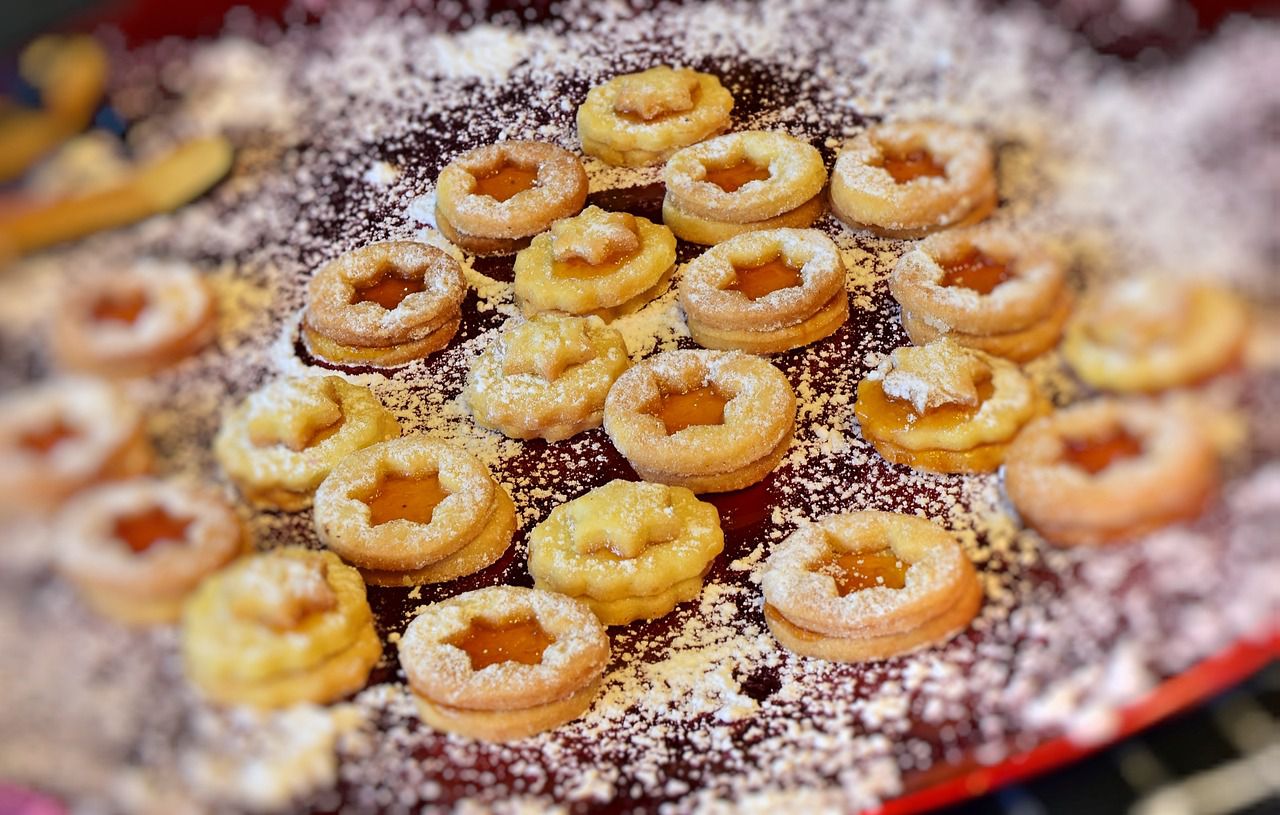Making a perfect shortbread: Cooking tips
If you want to bake some shortbread for holidays or just decorations, then it's time for you to be creative!
While you can decorate them any way you want, it's still effective to make it delicious in the first place.
Here are a few tips that can help you.
Chill the Dough Twice
After you've mixed the shortbread dough, put it in the refrigerator to chill for at least 30 minutes.
This makes the dough easier to work with.

But here's a twist: once you've rolled out the dough and cut your cookies, chill them again on the baking sheet for about 15-20 minutes.
This extra chill time helps the shortbread cookies keep their shape during baking and stay tender.
Choose Quality Butter
Using real butter, especially unsalted butter, makes a significant difference in the flavor and texture of your shortbread.
Don't skimp on this ingredient. High-quality butter lends a rich, buttery taste to your cookies.
Avoid Overmixing
When you're mixing the ingredients, don't go overboard. Just mix until everything is combined.
Overmixing can make the shortbread tough and crumbly instead of delicate and tender.
Incorporate Cornstarch
For an extra tender shortbread, consider replacing a portion of the flour with cornstarch.
For every cup of flour, you can use about 1/4 cup of cornstarch. This ingredient gives your shortbread a melt-in-your-mouth quality.
Prevent Over-Browning
To make sure the edges of your shortbread don't become too brown while baking, use a lower oven temperature, around 300°F (150°C).
Bake the cookies for a longer time, about 25-30 minutes. This gentle heat allows the shortbread to cook evenly and maintain its pale color.
Conclusion
These less-obvious tips can take your shortbread to the next level, making them absolutely delicious and perfect in texture.
